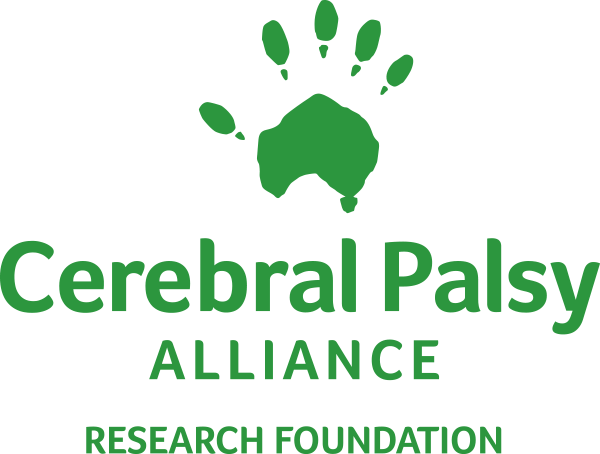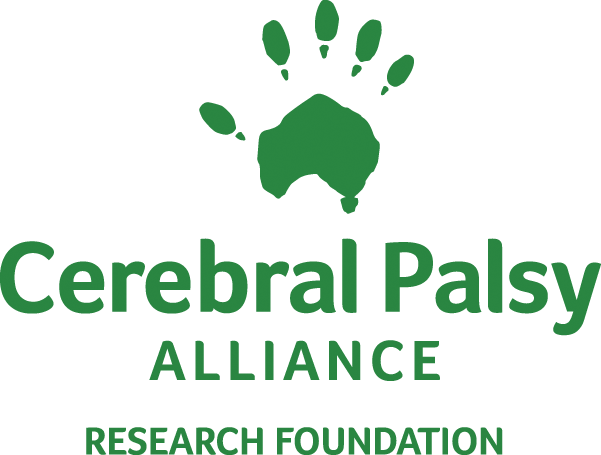
There’s no single cause of cerebral palsy, though prematurity and stroke are two of the biggest causes.
While the personal cause remains unknown for most cerebral palsy cases, researchers now know that only a tiny percentage of cerebral palsy cases arise from birth-related complications, such as lack of oxygen. It’s scientifically accepted that cerebral palsy usually arises from a series of causal pathways — sequences of events that combine to cause or accelerate injury to the developing brain.
For example, although premature birth is the largest risk factor for cerebral palsy, it’s the causal pathways that led to this circumstance that may cause the cerebral palsy, rather than the premature birth itself.
Risk Factors
While risk factors don’t cause cerebral palsy, their existence may increase the chance of a cerebral palsy diagnosis. Some factors include:
- A premature birth earlier than 37 weeks.
- Prolonged oxygen loss during the pregnancy or the birth process.
- Low birth weight.
- Being a twin, triplet, or other multiple birth, as this increases the chances of both prematurity and low birth weight.
- Being male.
- Severe jaundice shortly after birth.
- Blood clotting problems.
- Placental inability to provide a developing fetus with oxygen and nutrients.
- Blood type incompatibility between mother and baby.
- Maternal infection early in pregnancy with German measles or other viral diseases.
- Maternal, fetal, or infant bacterial infection that attacks the child’s central nervous system.
Is Cerebral Palsy Genetic or Hereditary?
Familial cerebral palsy is uncommon, as only 1% of people with cerebral palsy will have a sibling who also has it. Cerebral palsy is uncommon in twins as well. When one twin has cerebral palsy, only 10% of co-twins will also have it.
Researchers generally believe that a genetic predisposition to certain characteristics like prematurity or heart problems may potentially act as the start of a causal pathway that can result in a person having cerebral palsy.

